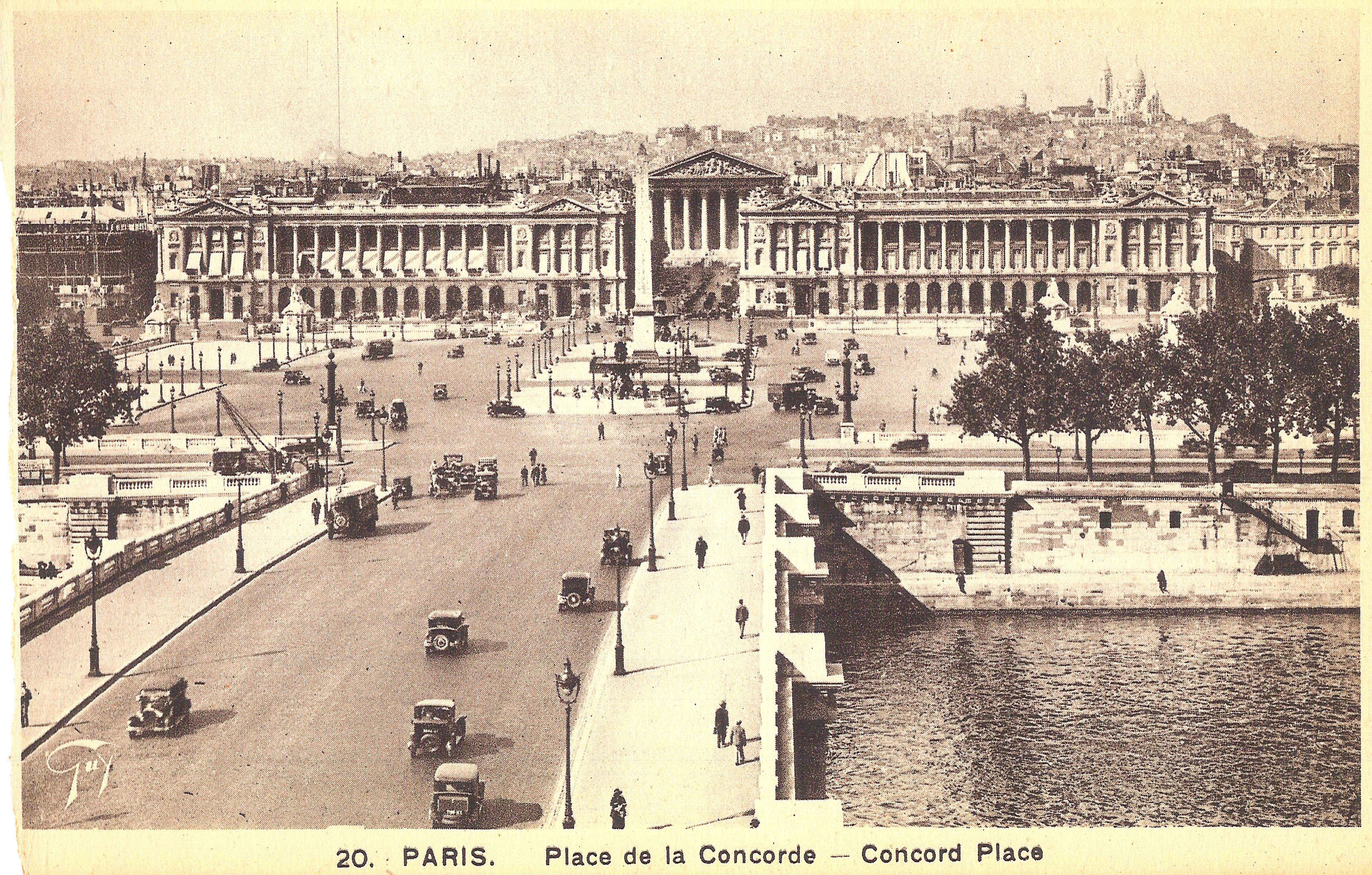In the ever-evolving landscape of political dramas, “The Diplomat” stands out as a masterclass in weaving intricate narratives that mirror the complexities of real-world diplomacy. Episode 6 of this compelling series delves deeper into the labyrinthine corridors of power, offering viewers a riveting exploration of political intrigue that is as intellectually stimulating as it is emotionally engaging. This episode serves as a pivotal juncture in the series, where allegiances are tested, hidden agendas come to light, and the delicate balance of international relations teeters on the brink of chaos. Through a meticulous analysis of the episode’s key plot developments, character dynamics, and thematic undercurrents, this article aims to unpack the sophisticated layers of intrigue that define “The Diplomat,” shedding light on the show’s adept portrayal of the high-stakes world of global politics.
Analyzing Power Dynamics and Secret Alliances in The Diplomat Episode 6
In episode 6 of “The Diplomat,” the intricate web of power dynamics and clandestine alliances comes to the forefront, challenging the characters’ loyalties and strategic acumen. The episode delves into the nuanced relationships between key players, each vying for influence while concealing their true intentions. Trust becomes a rare commodity, as allegiances shift like sand, leaving viewers questioning who holds the real power.
A critical analysis reveals several key elements that define the episode’s political landscape:
- Strategic Manipulation: Characters employ subtle tactics to sway decisions, often resorting to misinformation and deception.
- Hidden Alliances: Unseen partnerships emerge, suggesting that some characters are playing a double game, further complicating the diplomatic scene.
- Power Struggles: The quest for dominance intensifies, with each faction seeking to outmaneuver the others, leading to unexpected confrontations.
This episode underscores the precarious balance of power, where a single misstep can unravel carefully laid plans. As the plot thickens, viewers are left to ponder the true nature of leadership and the ethical boundaries of political maneuvering. The narrative challenges the audience to consider whether the ends justify the means in the high-stakes world of diplomacy.

Unveiling Hidden Agendas: Key Players in Political Maneuvering
In episode 6 of “The Diplomat,” the veil is lifted on the intricate web of political maneuvering, revealing the key players whose hidden agendas drive the narrative forward. The episode delves deep into the shadowy corridors of power, where alliances are forged and broken with the flick of a pen, and whispers in the dark can change the course of history.
- The Strategist: A master of foresight, this character orchestrates events from behind the scenes, ensuring that every move on the political chessboard serves a larger purpose. Their influence is felt across multiple factions, as they skillfully manipulate outcomes to align with their long-term vision.
- The Opportunist: Always ready to seize the moment, this player thrives in chaos, turning unexpected events to their advantage. Their ability to adapt quickly and exploit vulnerabilities makes them a formidable force, often tipping the scales in their favor.
- The Loyalist: Driven by unwavering dedication to a cause or leader, this character’s actions are guided by loyalty rather than personal gain. However, their steadfastness can also make them a pawn in the games of others, as they navigate the treacherous waters of political intrigue.
As the episode unfolds, these players reveal the complexities of political maneuvering, where every decision is a calculated risk, and trust is a rare commodity. The interplay between these characters underscores the notion that in the world of diplomacy, the most significant battles are often fought in the shadows, away from the public eye.

The Role of Deception in Shaping Diplomatic Outcomes
In episode 6 of “The Diplomat,” deception emerges as a pivotal tool in the arsenal of diplomatic strategy, weaving a complex web that influences the course of international negotiations. Diplomats often find themselves navigating a labyrinth of half-truths and calculated omissions, where the line between truth and deceit blurs. This episode illustrates how deception is not merely a tool for manipulation but a strategic necessity in achieving desired diplomatic outcomes.
- Manipulating Perceptions: The characters adeptly manipulate perceptions to shift the balance of power. By controlling the narrative, they create a reality that suits their objectives, demonstrating that in diplomacy, perception often outweighs truth.
- Strategic Ambiguity: The use of ambiguity allows diplomats to maintain flexibility, avoiding commitments that could limit future options. This tactic ensures that they can adapt to changing circumstances without losing face.
- Building Trust Through Deception: Paradoxically, deception can sometimes be used to build trust. By selectively revealing truths or vulnerabilities, diplomats can foster a sense of shared understanding, strengthening alliances.
These strategies highlight the nuanced role of deception in diplomacy, where ethical considerations are often overshadowed by the imperative of achieving national interests. The episode underscores the reality that in the world of international relations, deception is not just a breach of trust but a sophisticated art form essential for navigating the treacherous waters of global politics.

Strategic Recommendations for Navigating Complex Political Landscapes
In episode 6 of “The Diplomat,” viewers are thrust into a labyrinth of political maneuvering that requires a deft touch and a strategic mindset to navigate successfully. To emerge unscathed from such intricate scenarios, it’s essential to adopt a multifaceted approach. Here are some strategic recommendations that can be gleaned from the episode:
- Understand the Stakeholders: Knowing who holds power and influence is crucial. Identify key players and their motivations, as well as the underlying interests driving their actions. This allows for more informed decision-making and the ability to anticipate moves before they happen.
- Leverage Alliances: Building and maintaining alliances can be a game-changer. Episode 6 illustrates the importance of forming strategic partnerships that can provide support and resources. However, be wary of over-reliance on any single ally, as shifting allegiances are a common theme in complex political environments.
- Adaptability and Resilience: The political landscape is ever-changing, and flexibility is key. Be prepared to pivot strategies as new information emerges and circumstances evolve. Resilience in the face of setbacks can turn potential losses into future opportunities.
By employing these strategies, individuals and entities can better navigate the convoluted world depicted in “The Diplomat,” ultimately achieving their objectives while minimizing risks. The episode serves as a compelling reminder of the nuanced and often unpredictable nature of political intrigue.

